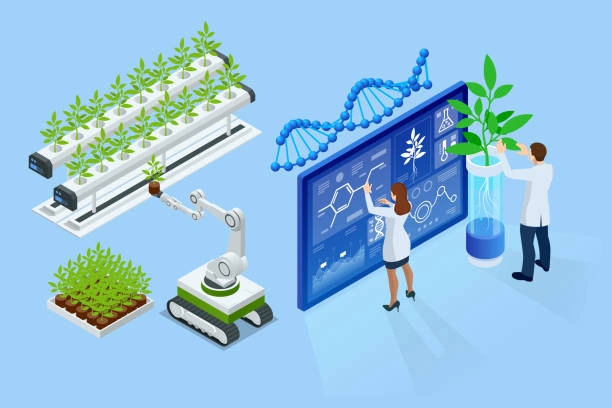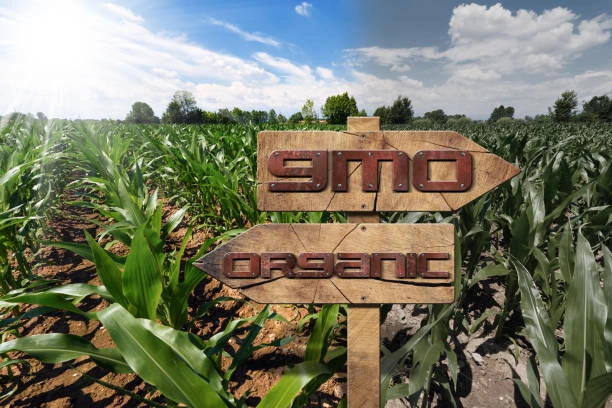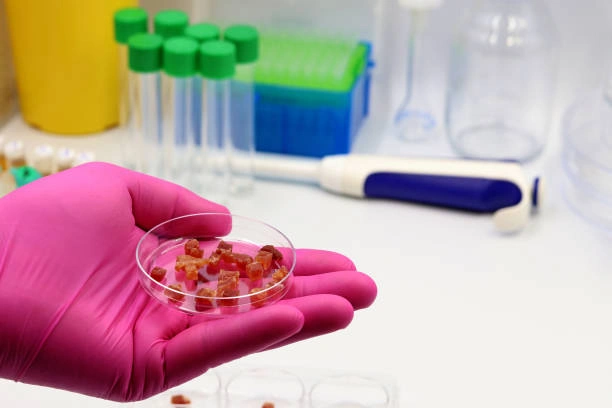Course Overview
This comprehensive training on Crop Genetic Engineering is designed specifically for government professionals engaged in agricultural policy, research, and regulatory oversight. As biotechnology advances, it becomes increasingly important for public sector stakeholders to understand the science, applications, regulations, and ethical considerations of genetic engineering in crops. This 5-day program delivers both theoretical and practical insights into modern crop biotechnology to support evidence-based policy development, biosafety evaluations, and public communication.
DURATION
5 Days
Target Audience
-
Government Agricultural Officers
-
Regulatory Authorities and Biosafety Officers
-
Policymakers and Legislators in Agriculture and Biotechnology
-
Agricultural Extension Officers
-
Researchers and Academics in Public Institutions
-
Environmental and Food Safety Inspectors
Course Level: Intermediate
Course Objectives
By the end of this training, participants will:
-
Understand the fundamental principles of crop genetic engineering
-
Explore real-world applications of genetically engineered (GE) crops in agriculture
-
Assess biosafety, regulatory frameworks, and international treaties related to GMOs
-
Evaluate public concerns and ethical implications of genetic modification
-
Develop strategies for effective policy formulation and public engagement
COURSE OUTLINE
Module 1: Introduction to Crop Genetic Engineering
-
Overview of biotechnology and genetic modification
-
History and development of genetic engineering in agriculture
-
Major genetic traits engineered into crops (e.g., pest resistance, drought tolerance)
-
Case Study: Bt Cotton and its regulatory journey
Module 2: Molecular Techniques and Genetic Tools
-
Gene editing methods (CRISPR-Cas9, TALENs, etc.)
-
Genetic transformation techniques in plants
-
Laboratory practices and safety protocols
-
Practical Demo: Simulation of gene insertion in model crops
Module 3: Regulation and Biosafety of GM Crops
-
International regulatory frameworks (e.g., Cartagena Protocol, Codex Alimentarius)
-
National biosafety systems and approval processes
-
Risk assessment methodologies
-
Group Activity: Drafting a biosafety assessment plan
Module 4: Policy, Governance, and Public Communication
-
Policy development for crop biotechnology governance
-
Strategies for stakeholder engagement and public trust
-
Addressing misinformation and ethical debates
-
Role Play: Public hearing on a proposed GMO release
Module 5: Future Prospects and National Implementation
-
Innovations in next-gen biotech crops
-
Aligning genetic engineering with national food security goals
-
Designing national frameworks for GE crop oversight
-
Final Project: Drafting a policy briefing for national GMO strategy
Customized Training
This training can be tailored to your institution needs and delivered at a location of your choice upon request.
Requirements
Participants need to be proficient in English.
Training Fee
The fee covers tuition, training materials, refreshments, lunch, and study visits. Participants are responsible for their own travel, visa, insurance, and personal expenses.
Certification
A certificate from Ideal Workplace Solutions is awarded upon successful completion.
Accommodation
Accommodation can be arranged upon request. Contact via email for reservations.
Payment
Payment should be made before the training starts, with proof of payment sent to outreach@idealworkplacesolutions.org.
For further inquiries, please contact us on details below:






